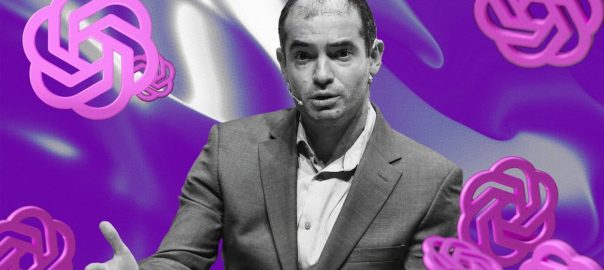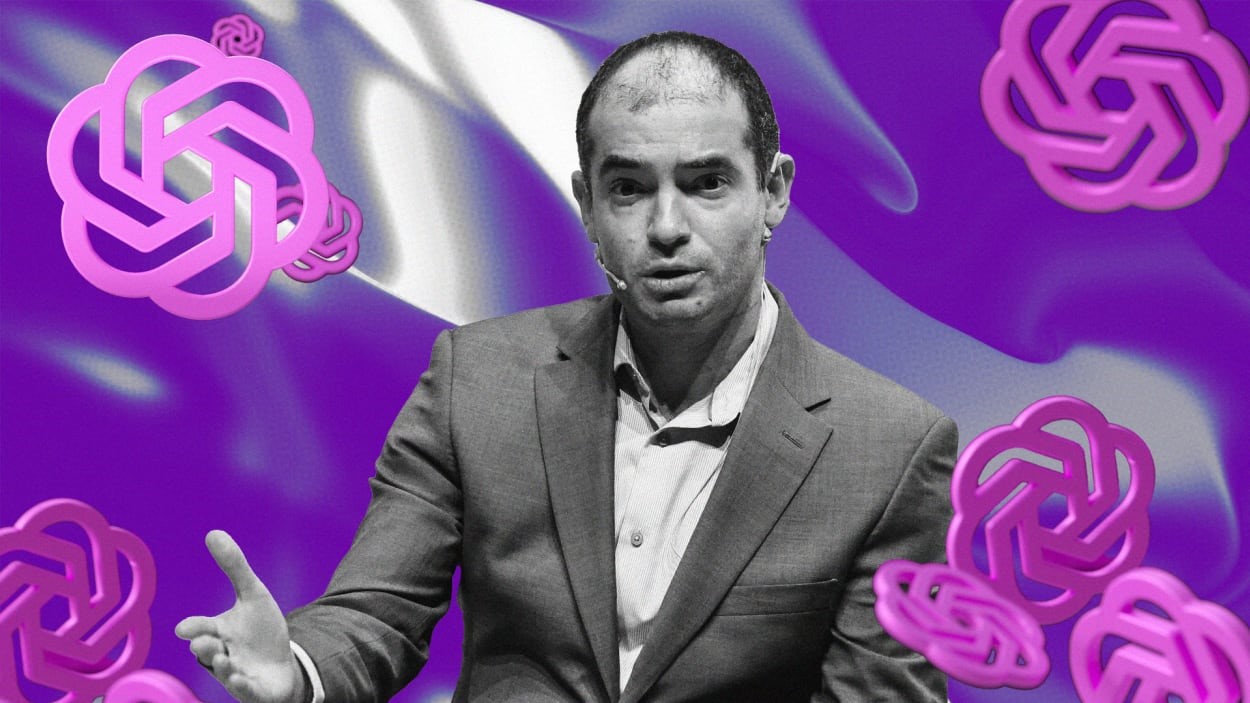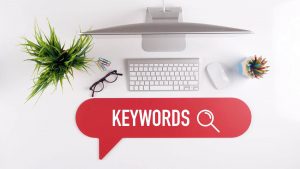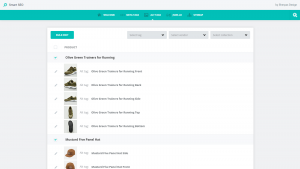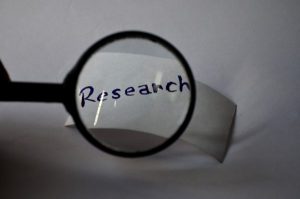OpenAI’s CEO Sam Altman was fired on Friday from his role as leader of the artificial intelligence company. After an attempt by investors over the weekend to get Altman rehired failed, OpenAI’s biggest investor, Microsoft, announced that it had hired him to lead a new AI research division.
Details are still unfolding about what led to the ouster. But one name is at the center of the story: Ilya Sutskever.
Altman reportedly was at odds with members of the board over how fast to develop the tech and ensure profits. Sutskever, the company’s chief scientist and cofounder—and a board member—was on the other side of the “fault lines” from Altman, as tech journalist Kara Swisher put it on X, the platform formerly known as Twitter.
On Sunday night, after what appeared to be a weekend of negotiating between Altman, Microsoft, and the OpenAI board, Sutskever and three of his fellow board members signed a memo affirming their decision to fire Altman “as the only path to advance and defend the mission of OpenAI.”
But Sutskever now appears to be backtracking. This morning, he posted on X: “I deeply regret my participation in the board’s actions. I never intended to harm OpenAI.” (Altman responded to this post with a series of red hearts.)
Sutskever also, curiously, signed a letter alongside more than 500 OpenAI employees saying they may quit and join Altman at Microsoft if he is not reinstated. They called for the board to resign.
Altman’s departure has thrust Sutskever into the spotlight. But who exactly is he?
Sutskever, born in Soviet Russia and raised in Israel, has been interested in AI from the early days. He started off as a student in the Machine Learning Group at the University of Toronto with AI pioneer Geoffrey Hinton. Hinton, who won the 2018 Turing Award for his work on deep learning, left Google earlier this year over fears about AI becoming more intelligent than humans.
Sutskever did his postdoc at Stanford University with Andrew Ng, another well-recognized leader in AI. Sutskever then helped built a neural network called AlexNet before joining Google’s Brain Team roughly a decade ago. After spending about three years at the Big Tech company, Sutskever, who speaks Russian, Hebrew, and English, was recruited as a founding member of OpenAI. It seemed like a perfect fit.
“I remember Sam [Altman] referring to Ilya as one of the most respected researchers in the world,” Dalton Caldwell, managing director of investments at Y Combinator, said in an interview for a story about Sutskever with MIT Technology Review that was published just last month. “He thought that Ilya would be able to attract a lot of top AI talent. He even mentioned that Yoshua Bengio, one of the world’s top AI experts, believed that it would be unlikely to find a better candidate than Ilya to be OpenAI’s lead scientist.” OpenAI cofounder Elon Musk has called Sutskever the “linchpin” to OpenAI’s success.
OpenAI first launched its GPT large language model in 2016, though it didn’t make its way to the public until last November. Once it got into the masses hands for free, tech seemed to be forever changed.
Sutskever has been less of a public face for the company than Altman and others, and he hasn’t done many interviews. When he has spoken to the media, he frequently highlights AI’s profound potential for good and bad, especially as systems approach artificial general intelligence (AGI).
“AI is a great thing. It will solve all the problems that we have today. It will solve unemployment, disease, poverty,” he said in a recent documentary for The Guardian. “But it will also create new problems. The problem of fake news is going to be a million times worse. Cyber attacks will become much more extreme. We will have totally automated AI weapons.”
According to reporting by The Atlantic, since the release of ChatGPT, Sutskever has been increasingly fixated on AGI and whether OpenAI is truly adhering to it nonprofit mission of benefitting humanity.
Along with his work on AI, Sutskever appears to be a prolific tweeter of profound quotes. Among the list are: “All you need is to be less perplexed,” “The biggest obstacle to seeing clearly is the belief that one already sees clearly,” and “Ego is the enemy of growth.”
Lately, he’s been focused on how to contain “superintelligence.” Sutskever is concerned with the problem of ensuring that future AI systems—those much smarter than humans—will still follow human intent.
Currently, OpenAI and other companies working on large language models use reinforcement learning from human feedback to create what’s known as alignment, but Sutskever has signaled that method isn’t scalable as these models reach what he calls “superintelligence.” In July, he and head of alignment Jan Leike created a superalignment team, dedicating 20% of the OpenAI’s computing resources toward solving this problem within the next four years.
“While this is an incredibly ambitious goal and we’re not guaranteed to succeed,” the company said in a blog post announcing the effort, “we are optimistic that a focused, concerted effort can solve this problem.”
This story is being updated with new developments involving Sam Altman and OpenAI.
(11)
